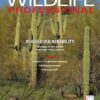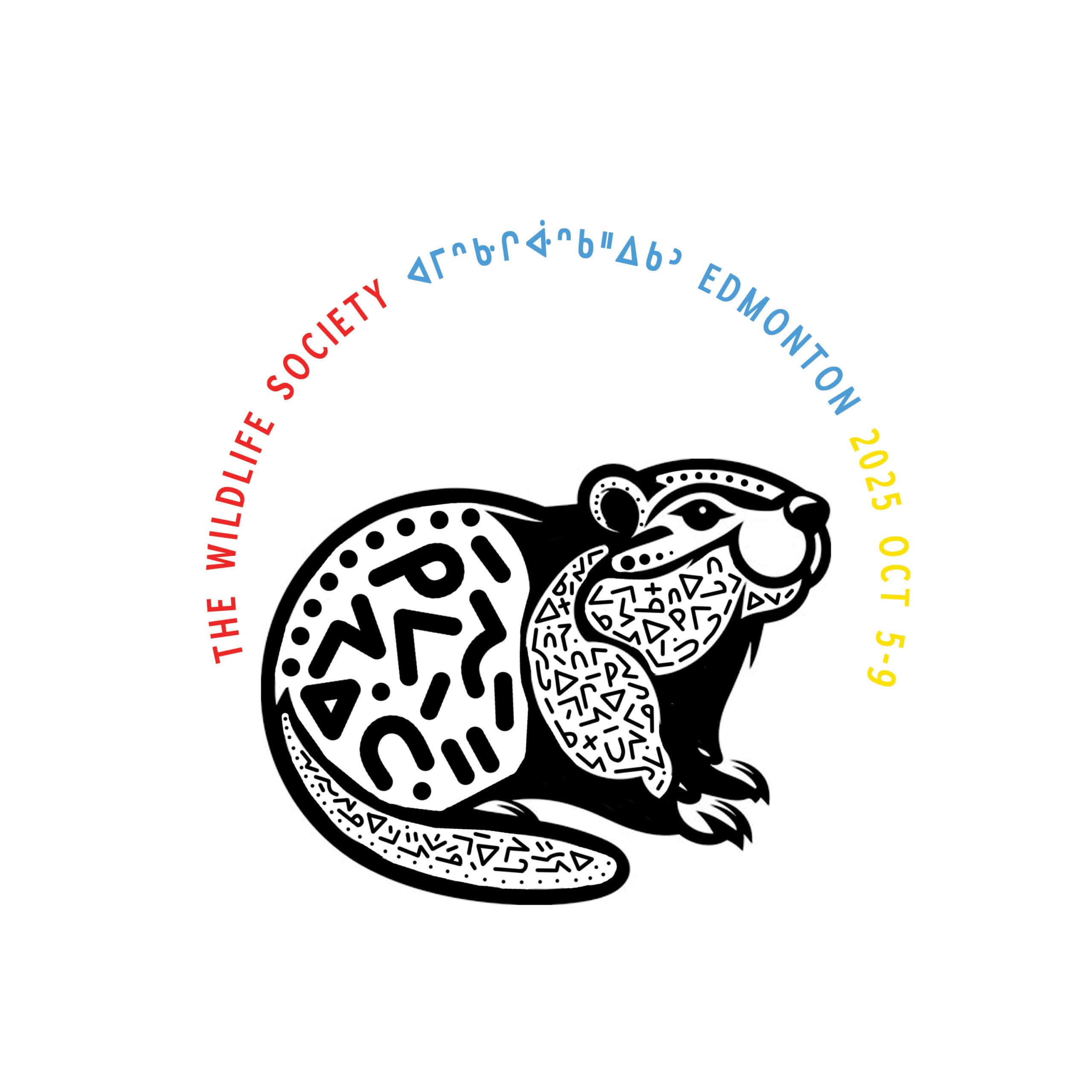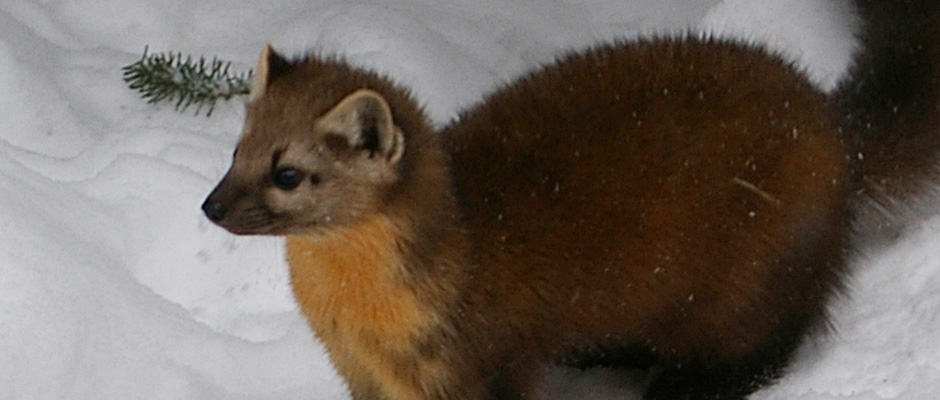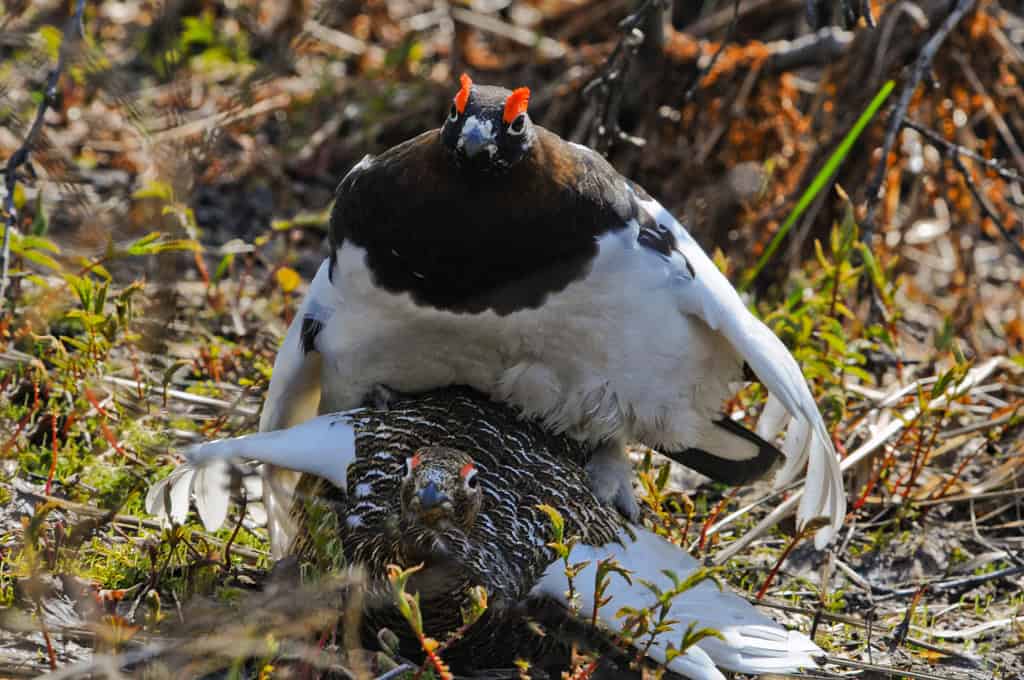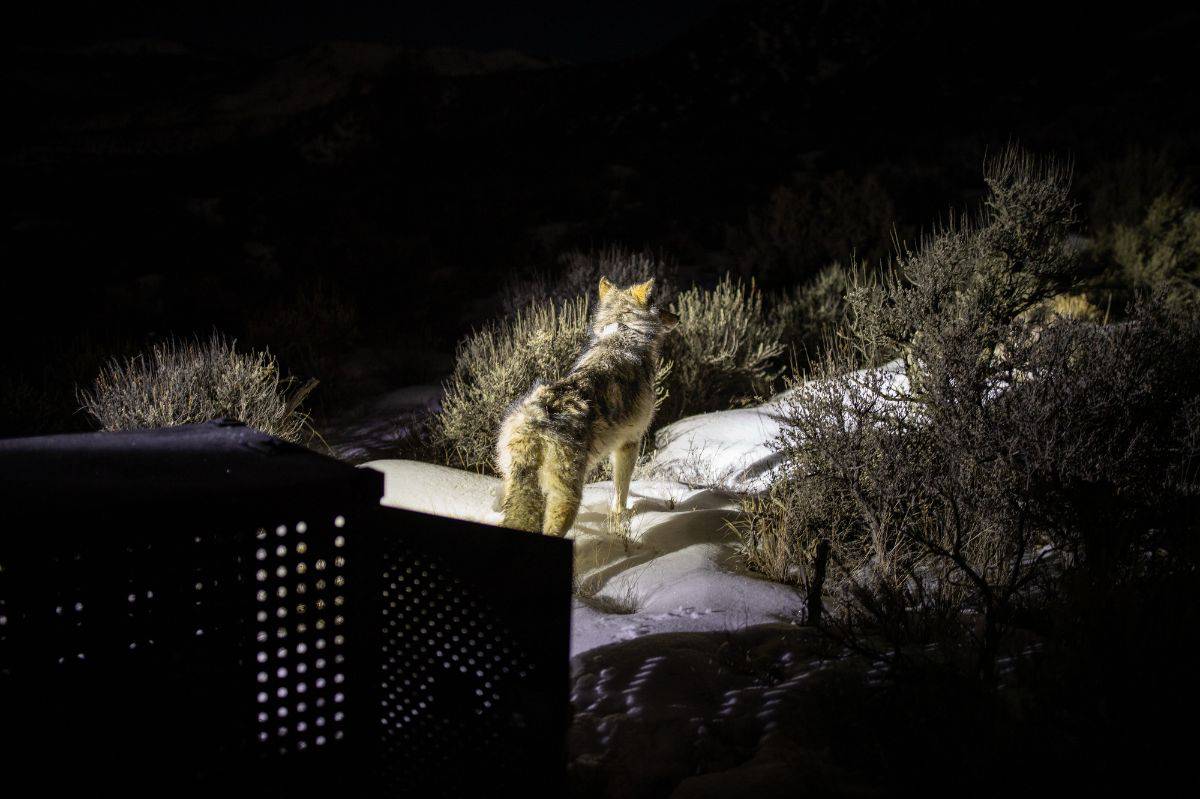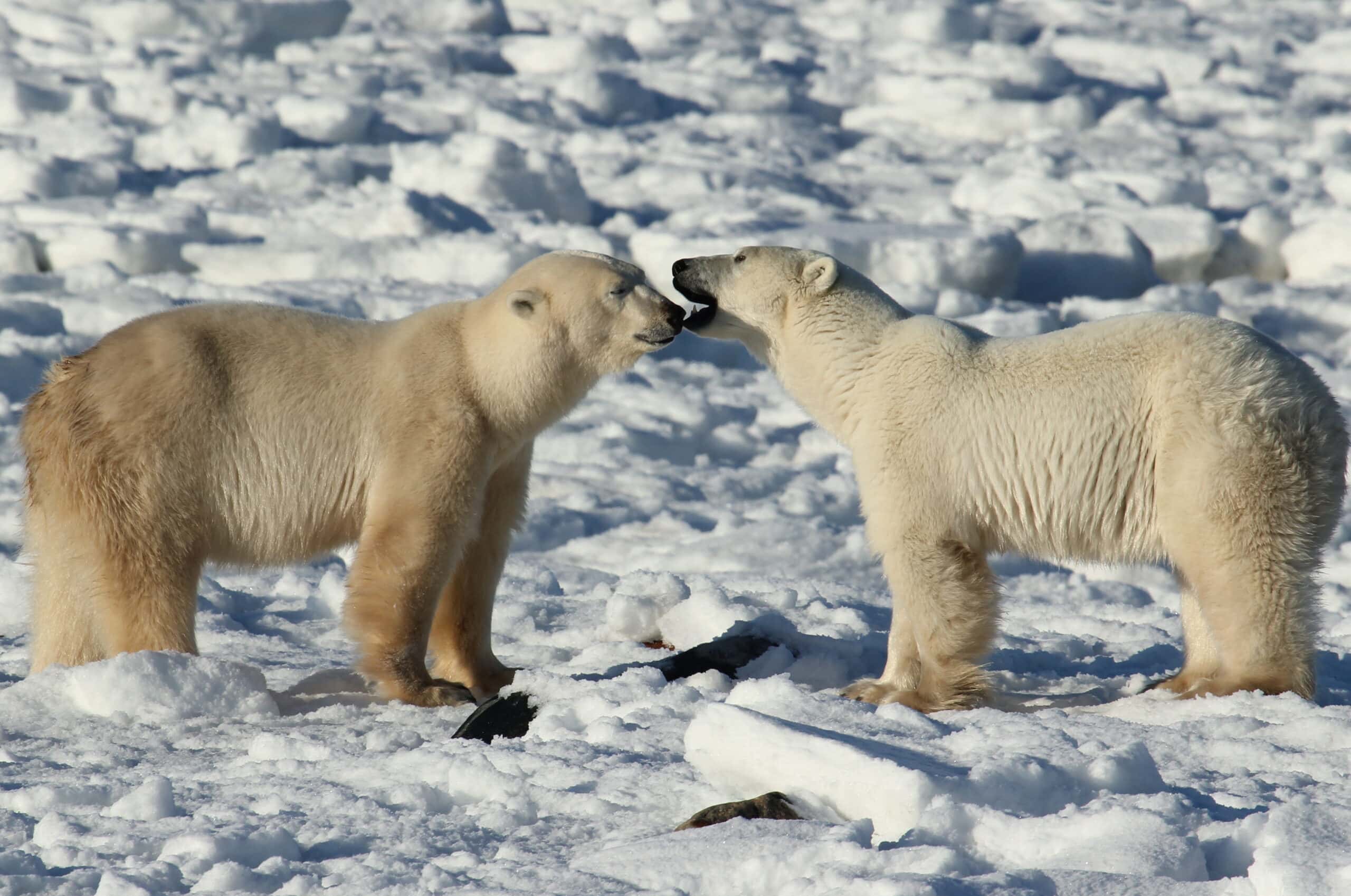Share this article
Non-Native Species Not All Bad for Newfoundland
The term “non-native species” almost always has a negative connotation, but new research shows that in Newfoundland, some native wildlife might actually benefit from them.
In a recently published study in PLOS ONE, researchers in Newfoundland found evidence that non-native species including snowshoe hare (Lepus americanus), introduced to the island in 1864, and the southern red-backed vole (Myodes gapperi), first detected on the island in 1998, have the potential for both negative and positive effects on Newfoundland’s terrestrial mammal food chain.
“Newfoundland has the same number of non-native terrestrial mammal species as native ones,” said Shawn Leroux, an assistant professor at the Memorial University of Newfoundland, and a co-author of the study. “This struck me as a fairly unique case, so I paired with undergraduate student Justin Strong to look into this a bit more.”
Leroux and Strong, the lead author of the study and master’s student at Concordia University, surveyed literature to determine the diets of both native and non-native terrestrial mammals in Newfoundland. Diet data most often come from gut content analysis, where scientists review the contents of the stomachs of animals and behavioral studies, where scientists observe what the animals appeared to be eating.
Based on this information, Strong and Leroux created the first terrestrial mammal food web for Newfoundland that depicts who’s eating what on the island. One of their main findings was that, since most of the species introduced were intermediate species, herbivores or insectivores that are in the middle of the food chain, for many native and non-native predators, there ended up being more prey for them over time.
“There is some evidence that the arrival of the southern red-backed vole to the island may have aided the recovery of native predators,” Leroux said. That includes the American marten, which was once endangered in Newfoundland and later, in 2007, was uplisted to threatened because of recovering populations. “In addition to southern red-backed voles, the American marten feeds on other non-native species such as snowshoe hare and cinereus shrew (Sorex cinereus) as well as native species such as the meadow vole (Microtus pennsylvanicus).
But, American martens aren’t the only species benefiting from non-native visitors. Newfoundland’s coyotes — considered a pest by many people — have increased in number as a result of easy access to prey on the island. “The increase of prey species could have facilitated the arrival of the coyote, crossing the sea ice from the mainland,” Leroux said. “Would coyotes have established themselves if [they] didn’t have non-native species like moose or snowshoe hare as prey? We don’t know.”
That’s one of several unanswered questions. As researchers continue to examine the impact of non-native species on Newfoundland’s terrestrial mammal food chain, Leroux hopes to focus on how individual native terrestrial mammal species are affected by the presence of non-native terrestrial mammals in the food chain.
“Now that we have the overall picture, it’s about diving down into specific subsets of interacting species,” he said. “We want to do a detailed study of the importance of southern red-backed voles in the diets of American marten.” Leroux is also beginning to study the dependence of the native Canada lynx (Lynx canadensis) on non-native snowshoe hares on the island. “Overall, we want to pick the food web apart now that we have identified the general feeding relationships.”
But, he said, the take-home message is that non-native species are not all bad.
“We always think of non-native species negatively,” Leroux said. “But there can be some positive aspects to them as well. It’s difficult to predict what will happen when a species is introduced to a novel environment.”
Header Image:
An American marten (Martes americana) stands in snow. Researchers found that some native species, such as this one, benefit from invasive species, while others do not.
Image Credit: Tim Gage via Flickr

